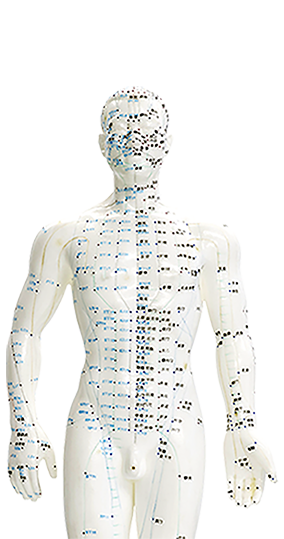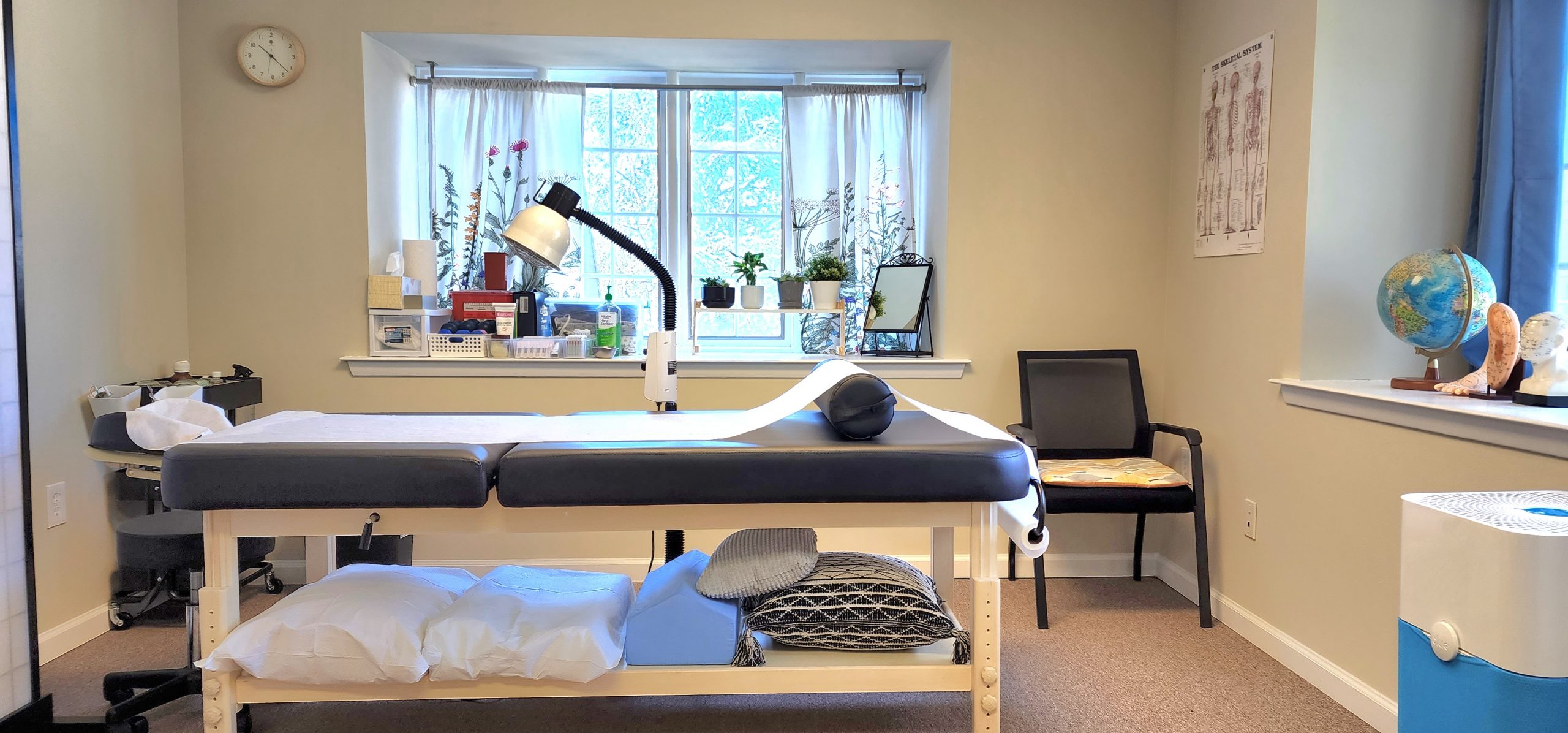Qi, or vital energy, is the core principle of this ancient medicine. It helps animate the body and protects it against illness, pain, and disease. The quality, quantity, and balance of Qi influence a person’s health. Qi circulates through specific pathways known as meridians. The body has fourteen main meridians. Each is connected to a specific organ or gland. Meridian pathways are like rivers. When a river flows, it transports life-giving water that feeds the land, plants, and people. Similarly, meridians transport life-giving Qi to nourish and energize every cell, organ, gland, tissue, and muscle.



